Courses
Pro-Seminar Course
Students take a mandatory credit-bearing Pro-seminar course throughout the semester, which introduces them to the local context through cultural activities, local excursions, and lectures. The Pro-Seminar sessions are composed of lectures given by local and Harvard faculty traveling to the region. Students will be evaluated on their performance and receive a grade at the end of the semester.
General Objectives
- Understand Chile’s most pressing social problems
- Examine the political and economic effects of globalization on Latin America
- Understand the region’s current cultural/political situation
Past Pro-Seminar Topics
- Changes in Contemporary Chilean Politics: protests, constitution, education and health
- The Extraction Development Model and its Disadvantages
- Social Politics and Inclusion: Education, Poverty and Health
- Sustainable Development and the Environment
- Social Movements
- The Fight for Indigenous Rights
- Memory, Human Rights and Transitional Justice
- Immigration
- Environment and sustainability in Chile
- Urban Sociology: Territory, Segregation and Inequality
- Culture: film, theatre, music and art
Methodology
The Pro-Seminar sessions will take place twice a month and consist of multimedia presentations given by professors and experts. Students will ask questions and discuss/comment on the presented topics with the faculty and their peers. Throughout the semester, students write journal entries no less than once a week, which record their thoughts over the course of that week. They can reflect on a topic from class, a personal experience, a cultural encounter, or one of the Pro-seminar sessions.
Final Research Project
At the end of the semester, each student will present a Final Research Project that consists of a final presentation and essay. This includes personal reflections on their study abroad experience, and also explores certain themes in depth.
For more information about the Pro-seminar course, see the course syllabus from Fall 2024.
Sample Courses
To get an idea of courses taken by previous program participants (at all universities), click here
Partner Institution Courses
The CASA Resident Director assists each student with their course enrollment at Santiago's top local universities. Students must have their class selections approved by their home university to ensure credit transfer for their courses. In addition to the Pro-seminar, students enroll in 3-4 other courses at one or more of three top local universities: Univeridad de Chile (UCH), Pontificia Universidad Católica de Chile (PUC), and Universidad Diego Portales (UDP).
Pontificia Universidad Católica de Chile (PUC)
With approximately 25,400 undergraduates, UC’s 18 faculties are scattered among four campuses and specialize in various areas of the sciences, arts, and humanities, contributing research in social sciences, natural sciences, health, economics, agriculture, philosophy, theology, and arts and letters. Highly ranked in Economics and Mathematics, UC is known for its exceptional, first-rate education with an emphasis on tradition.
View the PUC course catalog here.
Universidad de Chile (UCh)
With approximately 29,000 undergraduates, UCh continues to stand as the main Chilean institution in scientific and technological research. With 14 faculties distributed among five campuses scattered about the city, UCh consistently ranks internationally among the best universities for its innovation in science, technology, social sciences, and the arts.
View the UCh course catalog here.
Universidad Diego Portales (UDP)
With approximately 14,400 undergraduates, all of UDP's campuses are located in the downtown historic university neighborhood of Barrio República. Known for its high involvement in the development of social policies, UDP has implemented various research programs in the political and social sciences to find solutions to national public matters. In addition to their outstanding Political Science and Social Science departments, UDP’s schools of Law, Architecture, Psychology, Journalism, Education, and Economics are top-ranked.
View the UDP course catalog here.











